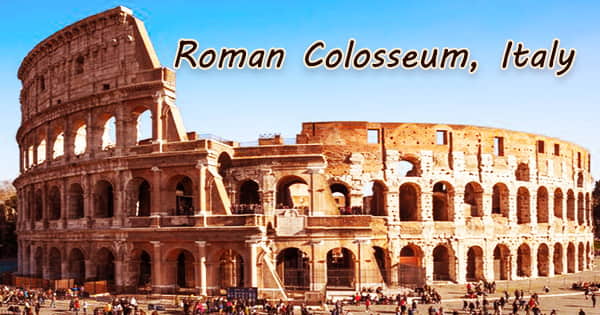Diaspora simply means the dispersion of a group of people from one country to another. In fact, the term ‘Diaspora’ refers to people who have left their homelands and settled in other parts of the world either willingly or being forced or for both reasons. There are some major reasons for people disperse to a foreign country. In the primitive age, people traveled from one land to another in search of food, shelter, and security. There is long historical background of Diasporas all over the world such as the expulsion of the Jews from Judah, the fleeting of the Greeks after the Turkey attack and fall of Constantinople, the African Trans-Atlantic slave trade, the movement of Aryans from Central Europe, etc. Besides, colonization, imperialism, conflict and wars, ravages of nature, scientific and technological advancement, globalization, transportation of capital and labor, poverty, high ambition for better living, brain-drain have contributed a lot of the rapid diasporas in the 19th, 20th and 21st century. But the Palestinian Diaspora in the 20th century has attracted a lot of attention of the world leaders and peace-loving people because of the unspeakable misery and plight of the Palestinian Muslims. Similarly, during the Liberation War of Bangladesh in 1971, many people were compelled to disperse in India. From different studies and statistics, we can find a scenario of Bangladeshi Diaspora all over the world. For example, the United Kingdom’s 2000 census found 300,000 British Bangladeshis mainly concentrated in ‘Banglatown in East London. From another study, it is found that about 600.000 Bangladeshis are living in Italy. There are both merits and demerits in Diaspora. Following the Iraq War, nearly 3 million Iraqis had been displaced as of 2011, with 1.3 million within Iraq and 1.6 million in neighboring countries, mainly Jordan and Syria. The Syrian Civil War has forced further migration, with at least 4 million displaced as per UN estimates. Forced Diaspora creates political. Social, economic crises and global problems. But in the postmodern age, it has created ample opportunities in the fields of trade and commerce, social and cultural interaction, friendship and understanding breaking the geographical boundaries of the world.
Diaspora
















